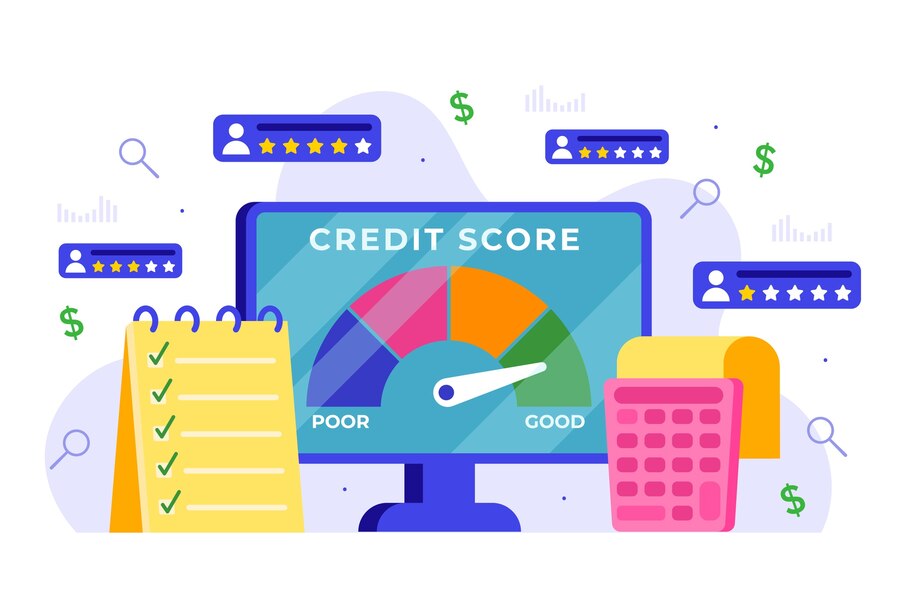When facing financial difficulties, loan settlement can provide relief by allowing borrowers to resolve their debt for a reduced amount. However, it’s essential to understand how loan settlement can affect your credit score. In this guide, we’ll explore the concept of loan settlement, its implications for your credit score, and strategies for minimizing the impact on your creditworthiness.
Understanding Loan Settlement:
Loan settlement involves negotiating with a lender to pay a lump sum amount that is less than the total outstanding balance, in exchange for closing the loan account. This option is typically pursued by borrowers who are unable to make their loan payments in full due to financial hardship. By settling the debt, borrowers can alleviate the immediate financial burden and avoid defaulting on the loan.
Impact of Loan Settlement on Your Credit Score:
1. Credit Score Reduction: One of the primary consequences of loan settlement is a potential reduction in your credit score. When you settle a loan, the account may be reported as “settled” or “settled for less than the full amount” on your credit report. This notation indicates that you did not repay the full amount as originally agreed, which can negatively impact your credit score.
2. Credit History: Loan settlement can also affect your credit history, which is another critical factor in determining your credit score. The settled account will remain on your credit report for several years, reflecting your history of debt settlement. Lenders may view a history of settled accounts as a red flag and may be more cautious when extending credit to you in the future.
3. Future Credit Opportunities: A lower credit score resulting from loan settlement may impact your ability to qualify for credit cards, loans, or other financial products in the future. Lenders may consider you a higher-risk borrower and may offer less favorable terms or higher interest rates as a result.
Minimizing the Impact of Loan Settlement on Your Credit Score:
While loan settlement can have negative implications for your credit score, there are steps you can take to minimize its impact:
1. Communicate with Your Lender: If you’re experiencing financial difficulties that make it challenging to repay your loan in full, communicate with your lender as soon as possible. Lenders may be willing to work with you to explore alternative repayment options, such as restructuring the loan or temporarily reducing payments.
2. Consider Loan Consolidation: In some cases, consolidating multiple debts into a single loan may be a more favorable option than settling individual accounts. Debt consolidation can simplify your payments and may have less of an impact on your credit score compared to settlement.
3. Negotiate the Terms: When negotiating a loan settlement, try to minimize the negative impact on your credit score by negotiating favorable terms with the lender. For example, you may request that the lender report the account as “paid in full” rather than “settled” on your credit report.
4. Continue Making Timely Payments: If possible, continue making timely payments on your other debts, such as credit cards and utilities. Maintaining a positive payment history on these accounts can help mitigate the impact of a loan settlement on your credit score.
5. Monitor Your Credit Report: Regularly monitor your credit report to ensure that the settled account is reported accurately. If you notice any errors or inaccuracies, dispute them with the credit bureaus to have them corrected.
6. Rebuild Your Credit: After settling a loan, focus on rebuilding your credit by adopting healthy financial habits. Pay your bills on time, keep credit card balances low, and avoid taking on new debt unnecessarily. Over time, responsible credit management can help improve your credit score and demonstrate your creditworthiness to lenders.
In conclusion, loan settlement can provide relief from financial burdens, but it’s important to consider its impact on your credit score. By understanding how loan settlement affects your credit score and taking proactive steps to minimize its impact, you can navigate the process more effectively and work towards rebuilding your credit over time. Remember to communicate with your lender, negotiate favorable terms, and continue practicing responsible credit management habits to mitigate the consequences of loan settlement on your creditworthiness.



